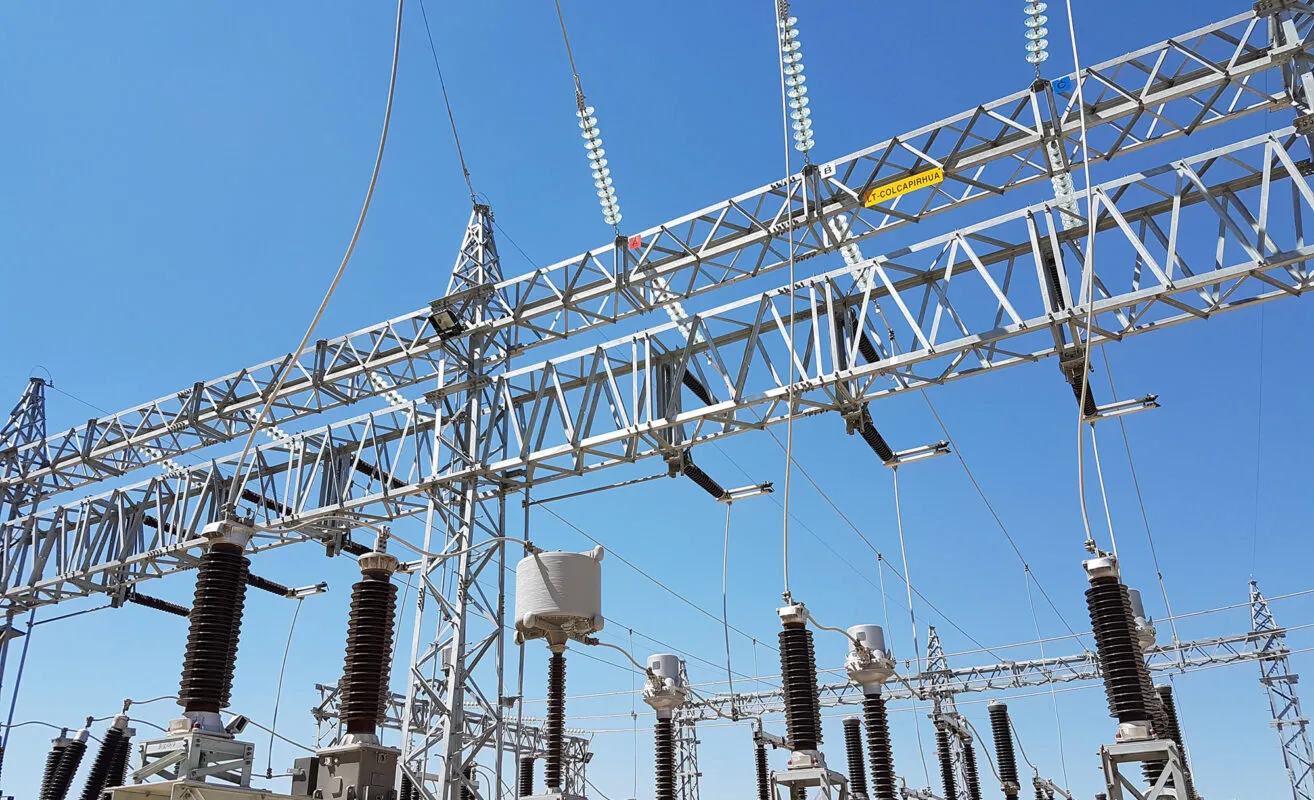Entry Requirements
Candidates for this programme must be:
- An electrical employee of a company in the High Voltage sector who will be assigned to projects in the HV sector to enable the student to fulfil the Industry Portfolio modules.
AND
- At a minimum, a holder of the following academic and professional qualifications/experience;
Advanced Craft Certificate in Electrical (or equivalent) and a minimum of 1 year verified, relevant experience in an Industrial Electrical Environment.
OR
Level 7 Ordinary Degree in Engineering in Electrical Engineering (or equivalent) and a minimum of 1 year verified relevant experience in an Industrial Electrical Environment.




